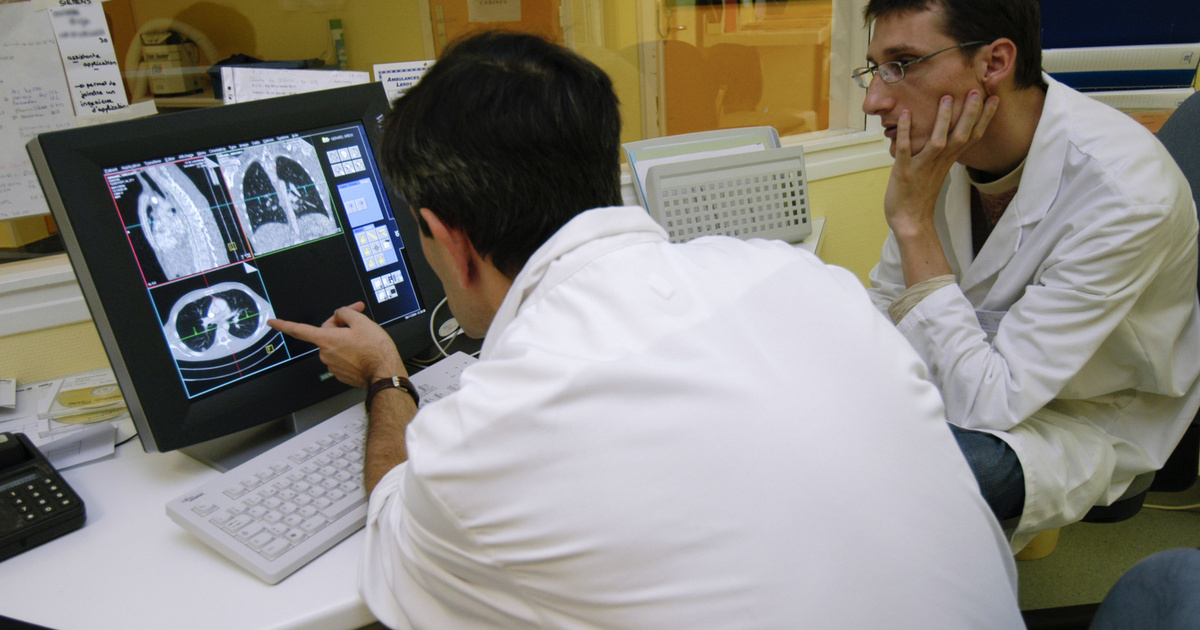A promising innovation in cancer research may soon prevent one of the deadliest forms of the disease. Scientists from renowned institutions, including the University of Oxford, the Francis Crick Institute and University College London, are developing an innovative vaccine called LungVax, designed to prevent lung cancer, according to reports. Interesting geometry.
The two-year project has received significant funding — £1.7 million, or nearly $2.1 million — for laboratory research and production of 3,000 doses of the vaccine at a clinical biomanufacturing facility in Oxford.
LungVax targets the unique characteristics of lung cancer cells. These cells develop “red flag” proteins, called neoantigens, which arise from cancer-causing mutations in a cell's DNA.
The vaccine contains a strand of DNA that trains the immune system to recognize new antigens. This stimulates the immune system to destroy abnormal lung cells, which may stop lung cancer before it develops.
The vaccine could later be used in trials targeting high-risk individuals, including certain age groups who smoke or have a history of smoking.
Lung cancer represents a major public health crisis. In the UK alone, around 48,500 new cases occur each year, 72% of which are attributable to smoking.
Maryam Jamal Hanjani, a professor at University College London and the Francis Crick Institute who is leading the LungVax clinical trial, acknowledged that the 10-year survival rate for lung cancer is very low. LungVax's research, combined with early detection through lung health screenings, could radically change this outlook.














































